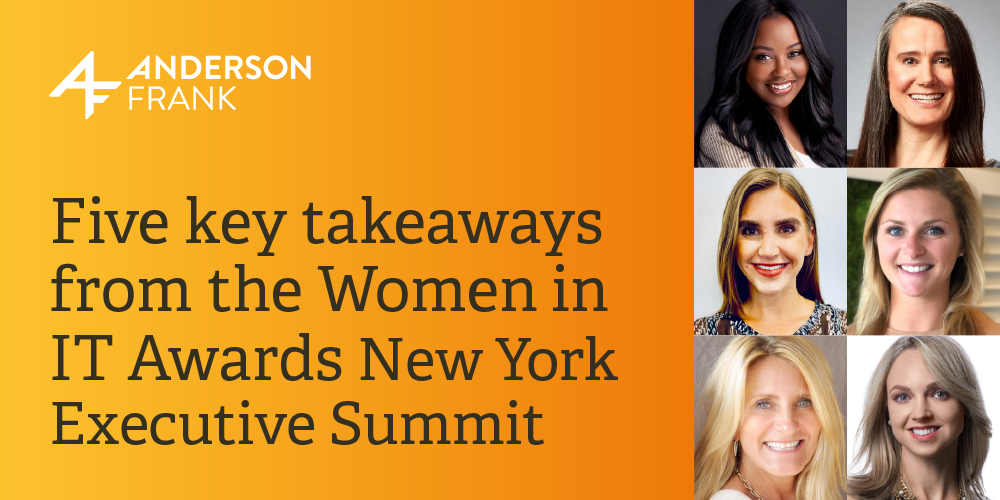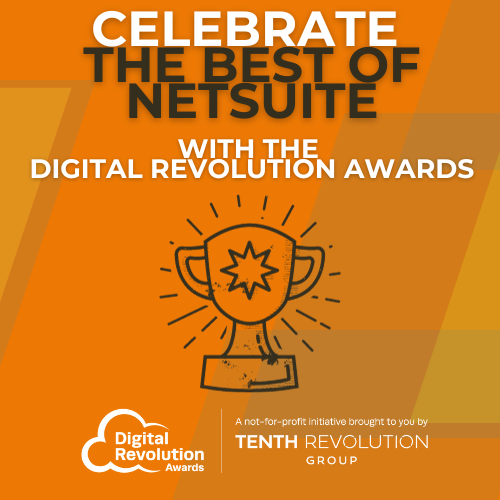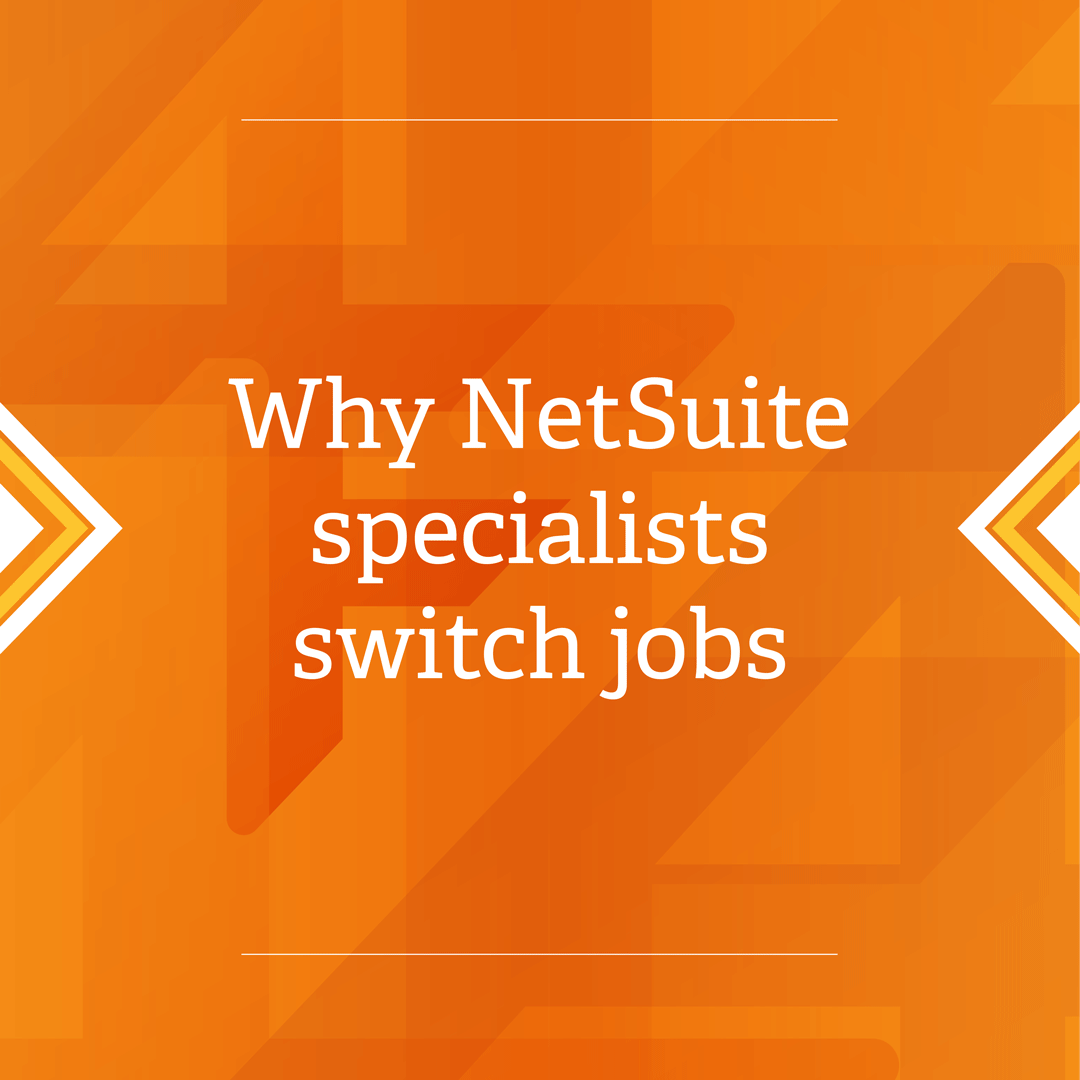What’s changed for women? Five takeaways from the Women in IT Awards New York Executive Summit
 The past 20 months have thrown up challenges and opportunities for us all.
We adapted at speed to mass remote working and relied heavily on tech to keep us connected through lockdowns. We also saw impressive innovation and extraordinary leadership. The Women in IT Awards New York, hosted on September 21st, 2021, celebrated many such examples of leadership and innovation, and as premium sponsors of the event, we at Frank Recruitment Group were honored to celebrate with them.
To mark the Women In IT Awards, Frank Recruitment Group’s Sue Persichetti, SVP of the Americas and Head of Strategic Alliances US assembled a very special panel of guest speakers to reflect on some of the challenges and changes of the past year and a half.
Amber Takahashi, founder of Brown Girl Tech World, Miriam Noble, Head of Sales, South East Greenfield, AWS, Ashley Dostie, Senior Sales Director, NetSuite, Ashley Coneeny, Senior Regional Sales Director, NetSuite, and Amy Regan Morehouse, Senior Vice President, Trailhead Academy GTM, Salesforce discussed everything from their heroines in the sector right now, to their own experiences as leaders during the pandemic.
As we’ve all hosted conferences at our kitchen table and balanced home, school, and work, the question of how to achieve better equality in the workplace has never seemed more relevant.
So, what did we learn? Our guests shared five key takeaways:
The past 20 months have thrown up challenges and opportunities for us all.
We adapted at speed to mass remote working and relied heavily on tech to keep us connected through lockdowns. We also saw impressive innovation and extraordinary leadership. The Women in IT Awards New York, hosted on September 21st, 2021, celebrated many such examples of leadership and innovation, and as premium sponsors of the event, we at Frank Recruitment Group were honored to celebrate with them.
To mark the Women In IT Awards, Frank Recruitment Group’s Sue Persichetti, SVP of the Americas and Head of Strategic Alliances US assembled a very special panel of guest speakers to reflect on some of the challenges and changes of the past year and a half.
Amber Takahashi, founder of Brown Girl Tech World, Miriam Noble, Head of Sales, South East Greenfield, AWS, Ashley Dostie, Senior Sales Director, NetSuite, Ashley Coneeny, Senior Regional Sales Director, NetSuite, and Amy Regan Morehouse, Senior Vice President, Trailhead Academy GTM, Salesforce discussed everything from their heroines in the sector right now, to their own experiences as leaders during the pandemic.
As we’ve all hosted conferences at our kitchen table and balanced home, school, and work, the question of how to achieve better equality in the workplace has never seemed more relevant.
So, what did we learn? Our guests shared five key takeaways:




